
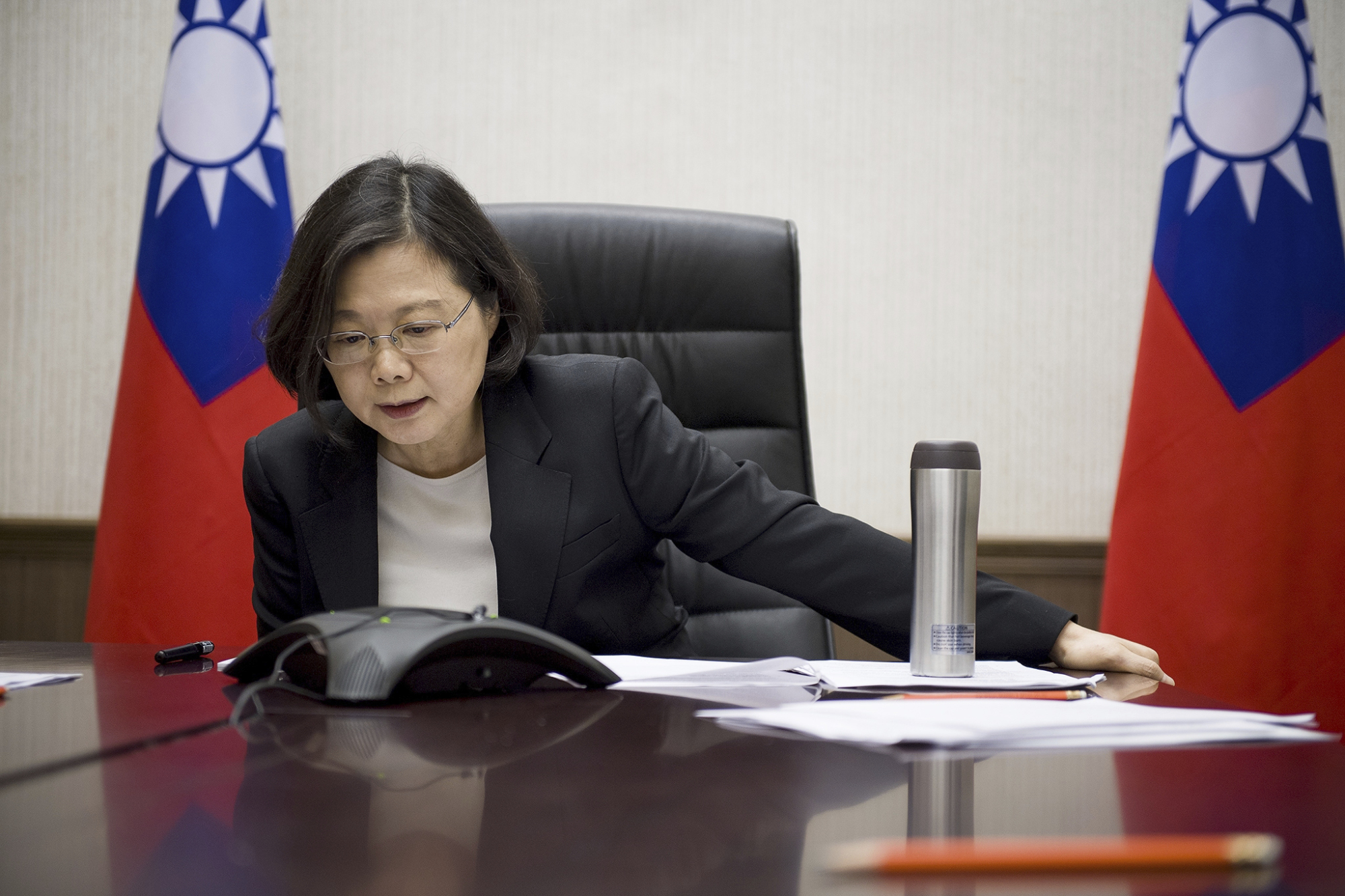
Stakes Rise as Taiwan Polls Elicit Diverse Opinions for Mainland China
<button class="flex items-center gap-1.5 rounded-md p-1 pl-0 text-xs hover:text-gray-950 dark:text-gray-400 dark:hover:text-gray-200 disabled:dark:hover:text-gray-400 md:invisible md:group-hover:visible md:group-[.final-completion]:visible"></button>
<form class="stretch mx-2 flex flex-row gap-3 last:mb-2 md:mx-4 md:last:mb-6 lg:mx-auto lg:max-w-2xl xl:max-w-3xl">
</form>
Stakes Rise as Taiwan Polls Elicit Diverse Opinions for Mainland China







 OpinionExpress.In
OpinionExpress.In
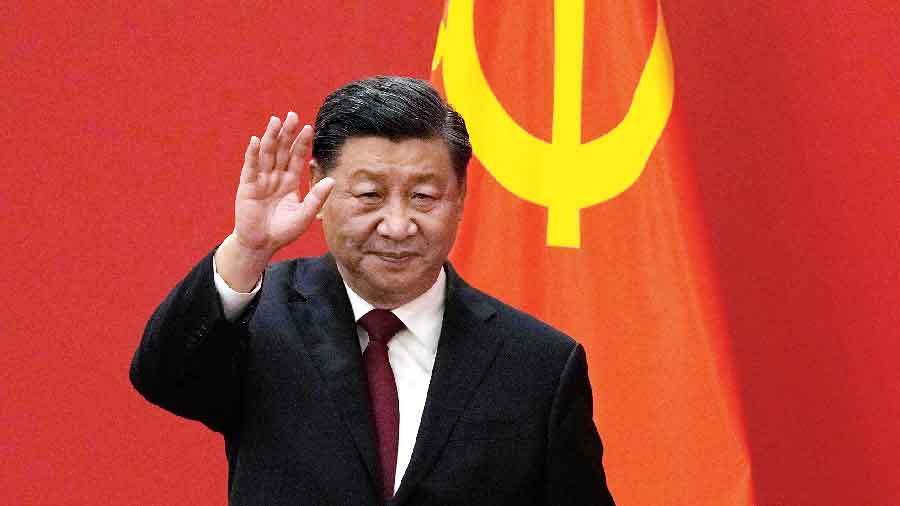



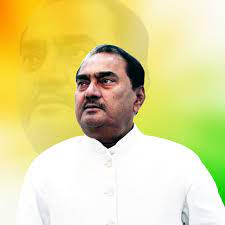

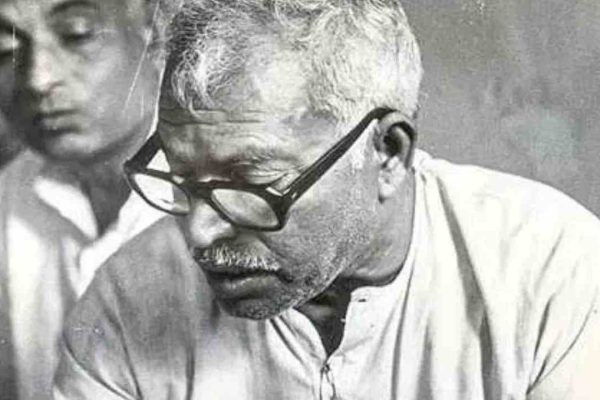
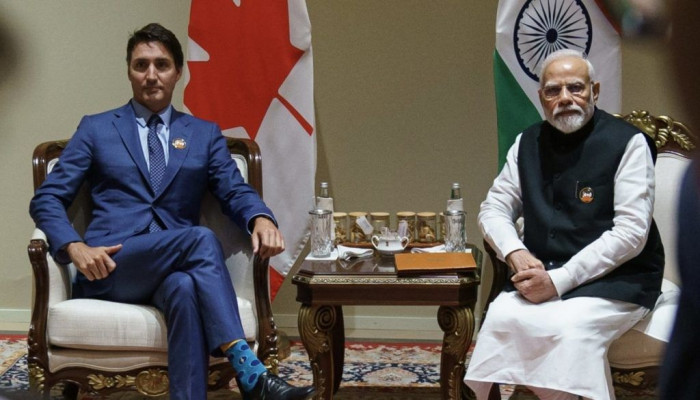
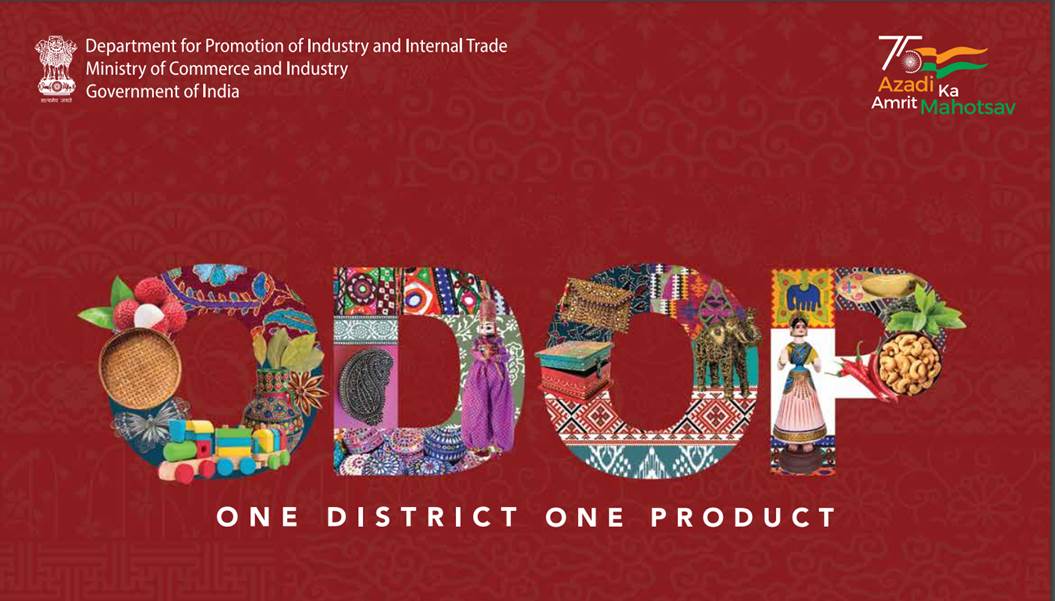






Comments (0)